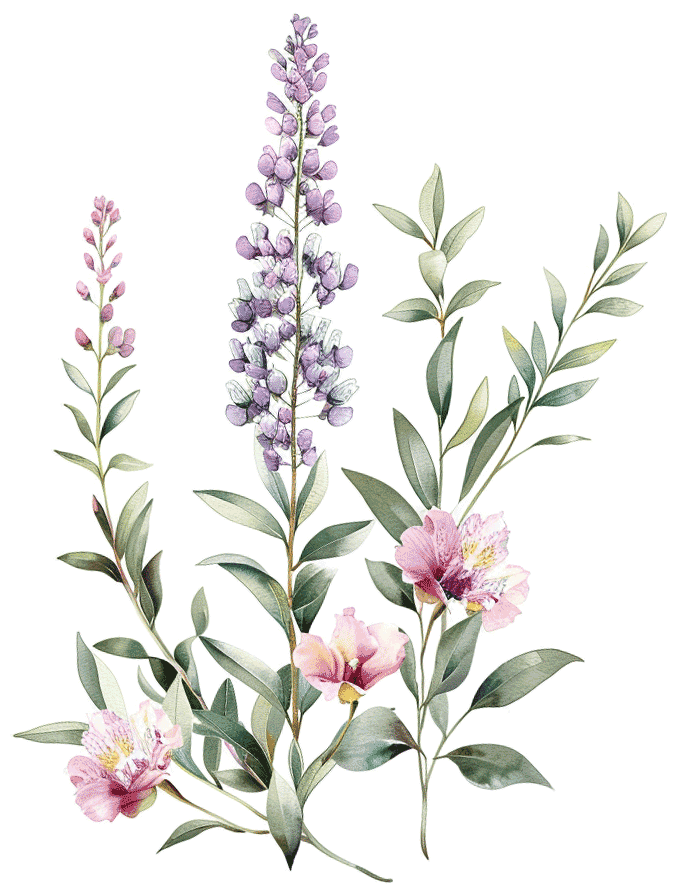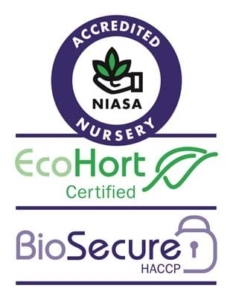Environmental Performance
Sustainability underpins a long-term strategy within the business in all areas.
Sustainability operations within our organisation have a deeper awareness of the impact of the organisation and the consideration of operating in a manner that ‘meets the needs of the present generation without compromising the ability of future generations’ and has a strategy that is more responsible for limiting its operation’s environmental and societal impact. Environmental wastes such as over-production and over-processing as avoidable usage of resources may unnecessarily lead to substances emitted into the air, water, or land that could harm health or the environment.
Sustainability underpins a long-term strategy within the business in all areas. We continually strive to improve our sustainability performance. This commitment is evident throughout the business practices, including integrated pest management, water recycling, reuse, green procurement practices, and waste minimisation, creating a sustainable and profitable organisation that protects the environment and supports rural livelihoods. By promoting best practices and taking a holistic approach such as IPM and ICM, the business can contribute to a more resilient and environmentally friendly farming sector.
These are just some of the sustainable practices we embrace within our business:
- Watering efficiencies using capillary watering, recycling water, selecting the most efficient sprinklers within our Nursery and, recycling of all nursery water.
- Participating in a PP5 & PP6 plastic waste recycling program – Plastic trays, labels, plug trays and pots are recycled.
- ‘Recycle, Reduce and Reuse’ – Green waste, paper, Polystyrene foam, E-Waste, Light Globes, Spray Cans, batteries, Hard plastic, bread chips, scrap metal, soft plastics, printer cartridges, and cardboard are recycled as part of our waste minimisation program.
- We use the recycle symbol on all custom plant labels.
- Supporting businesses that have implemented environmental sustainability strategies.
- The utilisation of integrated pest management (IPM) reduces chemical usage within the nursery, and friendly options are chosen where possible.
- Use renewable media for planting (soil mixes).
- Lower costs, improve productivity and improve yield via improved genetics and plant selection.
- Involved in Gardening Responsibly & adopted a Weeds policy.
- Advanced weed management techniques are utilised to control weeds while minimising the use of herbicides and their potential negative impacts on the environment and human health.
- Foster a culture of sustainability by promoting awareness, providing training, and involving employees, suppliers and customers in sustainability initiatives.
- Cost savings from an on-farm performance such as supply chain, logistics planning, improved outputs and reduction in operational waste, and pooling resources in the horizontal supply chain.
- Production process revision to maximise yield due to the perishable product produced and variable yields. Introduction of crop programs and production planning, climatic and biophysical risks, farm layout and resource availability.
- Adoption of lean management that assists in reducing waste and removing non-value-adding activities within the operation.
- Develop and implement strategies to decrease greenhouse gas emissions, such as adopting renewable energy sources or energy-efficient technologies.
- Monitor ecosystem health markers are reviewed to assess the health of our local and wider ecosystem, ensuring we do not impact others from our activities.



